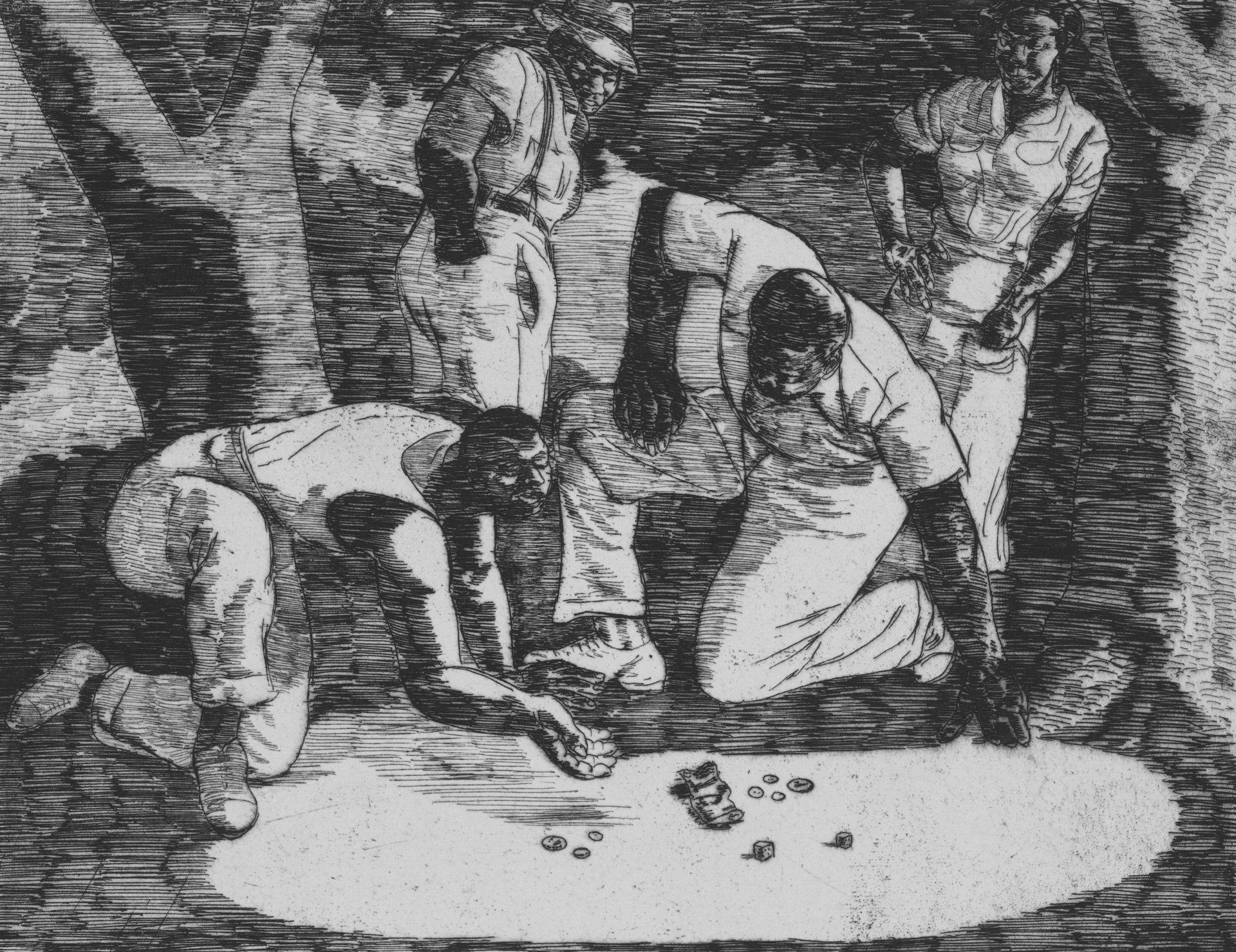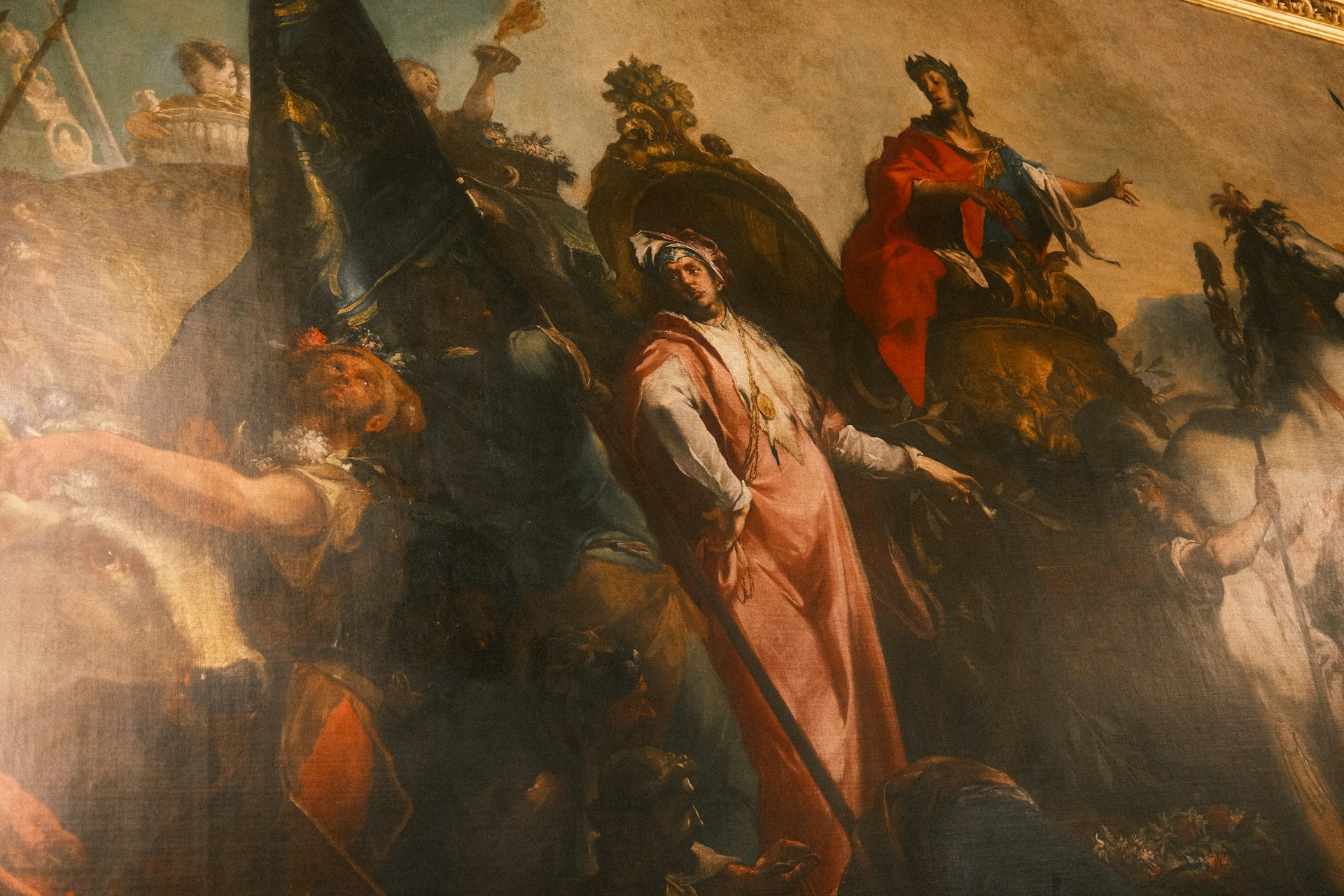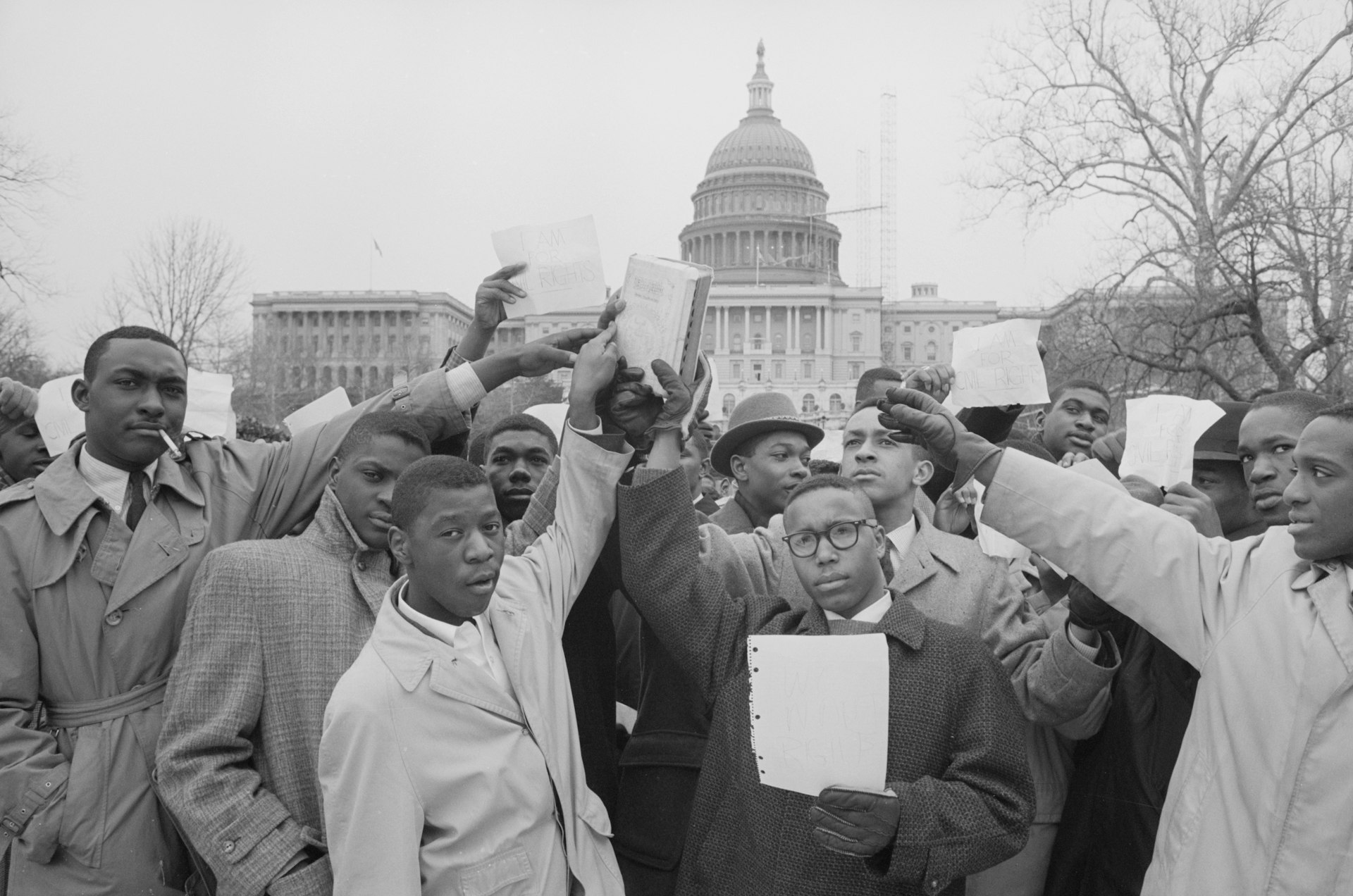Tracing the Wealth of Al Capone’s Descendants: Myth, Reality, and the Legacy of a Crime Empire

Photo by Nikita Kachanovsky on Unsplash
The Enduring Fascination with Al Capone’s Wealth
Al Capone remains one of America’s most notorious gangsters, legendary for building an empire of organized crime during the Prohibition era. His name conjures images of opulence, illicit fortune, and a criminal dynasty whose legacy still sparks curiosity today. Many people wonder: Is Al Capone’s family still rich? This article explores what is known-and not known-about the fate of Capone’s fortune, what happened to his descendants, and how you can investigate similar stories of historical wealth.
Al Capone’s Fortune: Fact Versus Folklore
During the 1920s, Capone’s criminal enterprises in Chicago spanned bootlegging, gambling, and prostitution. Historical estimates put his net worth at about $100 million at the height of his power-equivalent to roughly $1.5 to $1.8 billion in today’s currency [1] [2] . His organization, known as The Outfit, reportedly raked in $50 million per year from bootlegging, $25 million from gambling, and $10 million from drugs and prostitution [1] .
Despite such staggering figures, Capone’s wealth was almost entirely cash-based and illicit. He used little documentation, and much of his fortune was never officially accounted for. Some family stories, such as those from his grandniece Deirdre Marie Capone, suggest he may have hidden large sums of money, but there is no verifiable evidence that any “buried treasure” exists or was ever found [1] .
What Happened to Capone’s Money After His Death?
When Capone was convicted of tax evasion in 1931, he was fined and sentenced to 11 years in prison. He served time in Atlanta and Alcatraz, and his mental and physical health declined due to untreated syphilis [2] . Upon his release, Capone retired to his Florida estate where he lived in relative obscurity and died in 1947.
By the time of his death, Capone’s empire had been dismantled by law enforcement and rival gangs. His assets were seized or lost, and there is little evidence that any substantial fortune was passed down to his family. Most credible sources confirm that, while Capone enjoyed luxuries in life, his descendants did not inherit vast wealth [1] [2] .
Are Al Capone’s Descendants Still Rich?
There is no verified public record that any of Al Capone’s direct descendants or extended family currently possess significant wealth derived from his criminal activities. His only son, Albert “Sonny” Capone, lived a quiet life and did not achieve notable financial success. Other family members, such as Deirdre Marie Capone, have written books and participated in interviews, but there is no evidence of inherited riches or lavish lifestyles [1] .

Photo by Vitalii Chaika on Unsplash
The lack of paper trails, the cash-based nature of Capone’s empire, and the aggressive actions by law enforcement make it highly unlikely that any large fortune remained after his death. Most historians and researchers agree that the myth of a still-rich Capone family is largely a product of folklore and media rather than fact [1] .
Common Myths About Capone’s Hidden Fortune
Persistent rumors claim Capone hid millions in secret locations, with stories surfacing about hidden vaults and buried cash. In 1986, a much-publicized television special hosted by Geraldo Rivera famously opened a supposed Capone vault in Chicago-only to find it empty. This event exemplified how speculation about “lost gangster riches” often outpaces reality.
While it’s possible that small caches of cash or valuables may have existed, there is no credible documentation or discovery of any major Capone hoard. Law enforcement and investigative journalists have thoroughly examined these claims, and the consensus is that any remaining fortune is, at best, a legend [1] .
How Can You Investigate the Wealth of Historical Families?
If you are curious about the financial legacy of a famous figure or want to research an estate, there are several practical steps you can take:
- Start with public records, such as wills and probate court documents, which may reveal how assets were distributed after a person’s death. These can usually be accessed through local county clerks or online databases for the relevant jurisdiction.
- Search for books or credible biographies authored by family members or independent historians. For Capone, works by Deirdre Marie Capone and academic historians provide insight but rarely identify surviving wealth.
- Utilize reputable news archives and investigative journalism for any modern developments or discoveries relating to the family’s assets.
- If you believe you have a personal or family connection to a historical estate, consult a qualified attorney who specializes in probate and inheritance law. They can guide you through the process of establishing claims, searching for unclaimed property, or accessing public records.
- Remember that most stories of hidden gangster fortunes are unproven. Approach with skepticism and verify facts through credible, documented sources.
Alternative Approaches and What to Expect
In rare cases, estates of famous individuals can be the subject of legal disputes or new discoveries. For example, legitimate heirs sometimes emerge years later, or forgotten properties are uncovered during redevelopment. However, such outcomes are uncommon, and in Capone’s case, no court-verified large inheritance has ever surfaced.
If you are researching other historical families, use search terms such as “probate records [Name],” “estate of [Name],” or “descendants of [Name]” in official government databases or through reputable genealogical services. For high-profile cases, major newspapers and academic publications are reliable sources for new findings.
What to Do If You Suspect Hidden or Lost Family Wealth
If you have reason to believe your own family may have a claim to historic fortune, consider the following steps:
- Contact your local probate court or county clerk’s office to inquire about estate records.
- Consider hiring a licensed probate or estate attorney to assist with legal research and document retrieval.
- Search for unclaimed property through your state’s official unclaimed property office. Many states have searchable online databases where you can enter a family member’s name to check for unclaimed assets.
- For high-profile estates, consult published biographies and news articles for leads on possible heirs or assets.
Be wary of scams or individuals claiming to “find” hidden fortunes for a fee. Legitimate estate research relies on public records and verifiable documentation, not rumors or unverifiable stories.
Summary: Capone’s Family and the Reality of Inherited Wealth
Despite Al Capone’s meteoric rise and vast fortune during the 1920s, there is no verified evidence that his family remains rich today. Most of his wealth was lost, seized, or dissipated by the time of his death, and no credible source has documented a substantial inheritance for his descendants [1] [2] . Myths about hidden gangster riches endure, but thorough investigation and public records show the reality is far more modest.
If you are interested in the histories of famous fortunes, use official records, reputable journalism, and legal counsel for your research. Genuine wealth inheritances are rare, and stories like Capone’s serve as a reminder to separate legend from fact when exploring the legacies of the past.



